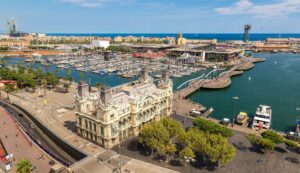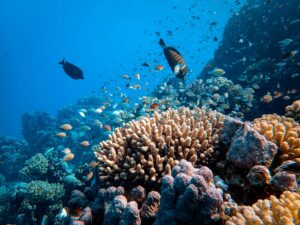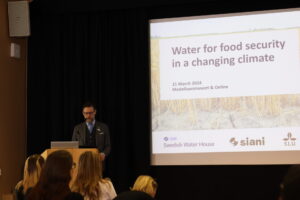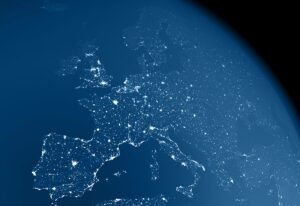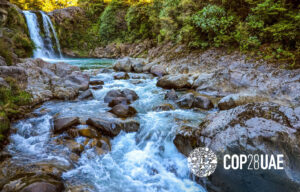Pre-Paris Pressure – Climate Negotiations in Bonn Continue
My impressions post this visit to Bonn? Complicated compliance, frustrating finance, and process, process, process.
COP 21 is only a few months away, and almost back to back with World Water Week, the words of the President of the Marshall Islands, Christopher J Loeak are still fresh in my mind as I go between meetings at the next phase of negotiations. Following the ADP process it is easy to get caught up in fine print and abbreviations. But the call from AOSIS; from Tuvalu, Nauru or the Marshall Islands, are stark reminders of why the parties must come to an agreement in Paris. It is a matter of survival.
On the latter, the Co-chairs have released a tool in which the Geneva Negotiating Text (GNT) has been divided into three sections. Part 1 is the “Draft Agreement”. It is the actual agreement, including the anticipated legal agreement. Part 2, the “Draft Decision/COP-decision” deals with operational elements on means of implementation, ratification and pre-2020 ambitions – and is likely to be revised over time. Part 3 includes “Provisions whose placement requires further clarity among Parties in relation to the draft agreement or draft decision”.
The nationally determined contributions, or NDC’s (formally Intended NDCs) still present many challenges in terms of implementation. At World Water Week, an event organized by the AGWA Policy group focused on how water knowledge could inform the domestic mitigation and adaptation planning within the INDCs, building on experiences from the National Adaptation Plans. To date, over 50 INDC submissions, representing more than 60% of global GHG emissions, have been submitted.
At World Water Week, SIWI called for hydrated climate agreement. Other parties have made interventions on behalf of gender equality, human rights, ecosystems based approaches and the respect for indigenous people. Mexico and Liberia are for example, pushing gender equality to be housed in the agreement text, supported by among groups such as AILAC, EU and AOSIS.
Parties including the Marshall Islands have also put forward the need for coherence with the agenda linked to the UN Sustainable Development Goals. SIWI also has been actively involved in that process, recommending a dedicated goal on water.
Whether all the pieces will eventually fit together is yet to be seen. Given water’s role for adaptation and successful climate change mitigation (many efforts to reduce greenhouse gas emissions depend on reliable access to water resources) we must ask when this will be noticed at policy level. Whether floods or drought, unpredictable water variability and extremes will affect economic activities and impact negatively on human security. Water therefore needs to be addressed and integrated into the global climate policy and financing architecture. Integrated and resilient water resources management will be essential to the successful implementation of both the post-2015 development agenda and the anticipated Paris agreement.
Religious groups have also supported climate negotiations. The recent Islamic Declaration on Climate Change launched in Istanbul earlier this month will form the basis of climate action from Muslims around the globe and follow the Pope’s encyclical, released in June.
All initiatives for a positive outcome in Paris are indeed needed. Now is the time to act! À bientôt!

